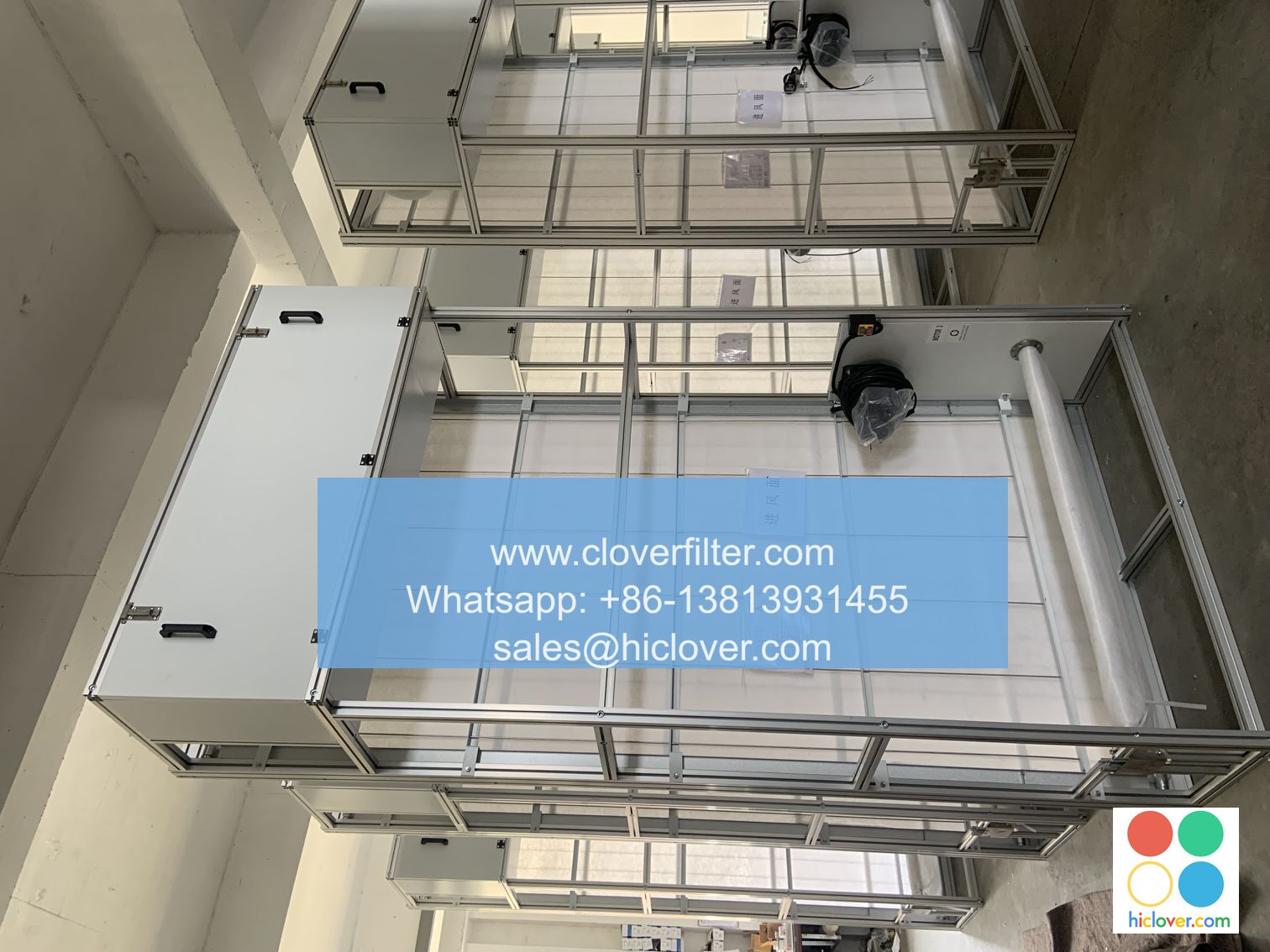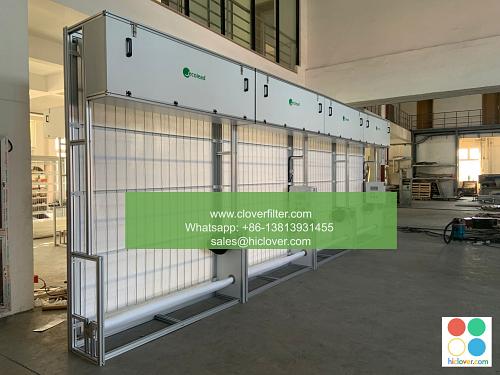The Importance of Air Filter Maintenance for Energy Efficiency

The Importance of Air Filter Maintenance for Energy Efficiency
What is Air Filter Maintenance?
Air filter maintenance is an essential aspect of building management that is often overlooked. Air filters play a crucial role in maintaining the quality of air in a building, which is crucial for the health and well-being of its occupants. A well-maintained air filtration system is not only important for indoor air quality, but also for energy efficiency and cost savings.
Benefits of Air Filter Maintenance for Energy Efficiency
Reduced Energy Consumption
Dirty air filters can increase the energy consumption of a building by making the heating, ventilation, and air conditioning (HVAC) system work harder to circulate air. Clean air filters, on the other hand, allow for more efficient airflow, reducing the need for excessive energy consumption. In fact, the U.S. Department of Energy estimates that a clean air filter can reduce energy consumption by up to 10%.
Extended Equipment Lifespan
A well-maintained air filtration system is essential for extending the lifespan of HVAC equipment. Dirty filters can cause equipment to overwork, leading to premature wear and tear, and costly repairs. By cleaning or replacing air filters regularly, building owners can reduce the risk of equipment failure and extend its lifespan.
Improved Indoor Air Quality
Air filters can also play a critical role in maintaining good indoor air quality. Dirty filters can allow pollutants and allergens to circulate through the air, exacerbating respiratory issues and other health problems. Clean air filters, on the other hand, can help to trap these pollutants, improving indoor air quality and the health and well-being of building occupants.
Application Areas for Air Filter Maintenance
Air filter maintenance is crucial in various application areas, including:
Commercial Buildings: Office buildings, retail spaces, and restaurants rely heavily on air filtration systems to maintain a positive and productive environment. Regular air filter maintenance can help to reduce energy consumption, extend equipment lifespan, and improve indoor air quality.
Residential Dwellings: Homeowners can also benefit from air filter maintenance. Clean air filters can help to reduce energy consumption, improve indoor air quality, and extend the lifespan of HVAC equipment.
Industrial Facilities: Industrial facilities, such as factories and warehouses, require effective air filtration systems to maintain a safe and healthy work environment. Regular air filter maintenance is essential for ensuring that these systems are functioning efficiently and effectively.
Healthcare Facilities: Healthcare facilities, such as hospitals and nursing homes, require air filters that can capture a wide range of pollutants and allergens. Regular air filter maintenance is crucial for maintaining good indoor air quality and reducing the risk of respiratory issues and other health problems.
Best Practices for Air Filter Maintenance
So, how can building owners and managers ensure that their air filters are properly maintained? Here are some best practices to follow:
- Check and clean or replace air filters regularly, ideally every 1-3 months, depending on the type of filter and usage.
- Choose the right type of air filter for your building’s specific needs, taking into account factors such as air quality, occupancy, and equipment type.
- Consider upgrading to high-efficiency air filters, which can capture smaller particles and allergens, improving indoor air quality and reducing energy consumption.
- Consult with a professional HVAC technician for regular maintenance and inspections to ensure that your air filtration system is functioning efficiently and effectively.
Conclusion
In conclusion, air filter maintenance is a critical aspect of building management that is often overlooked. By understanding the benefits of air filter maintenance, including reduced energy consumption, extended equipment lifespan, and improved indoor air quality, building owners and managers can make informed decisions about their facilities. By following best practices for air filter maintenance, building owners can ensure that their air filtration systems are functioning efficiently and effectively, leading to cost savings and improved indoor air quality.
I’m ready to help! What’s on your mind? Do you have a specific topic, question, or topic you’d like to discuss?

